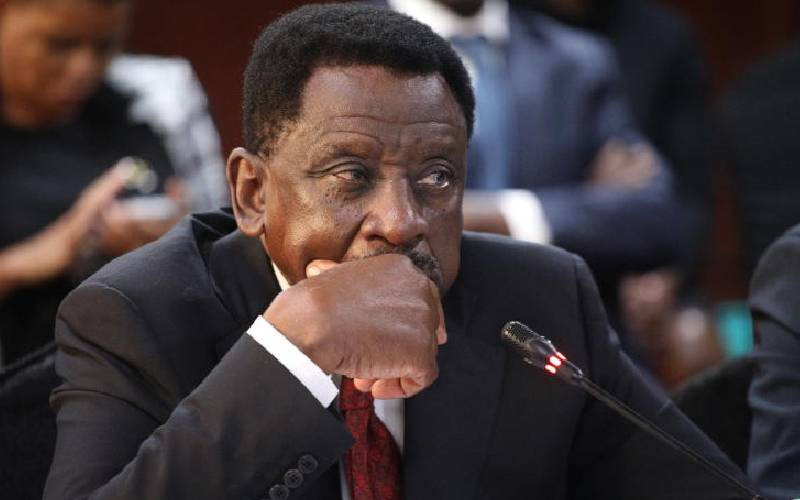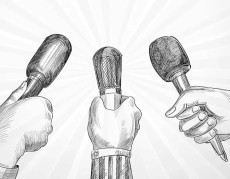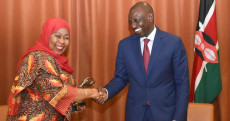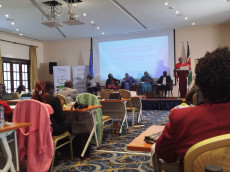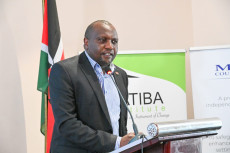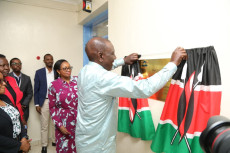- Drawing lessons from history, Orengo compared Kenya’s current reality to that of Russia and South Africa, emphasizing how monuments can both honor history and expose its contradictions.
The 2010 Constitution of Kenya introduced a comprehensive Bill of Rights, protecting civil liberties, minority rights, and freedoms from discrimination and torture. One of its core expectations was to reshape the country’s legal, social, and political landscape.
Reflecting on Kenya’s trajectory over the past decade, Siaya Governor James Orengo argues that the country has yet to fully actualize the promises enshrined in the Bill of Rights. Speaking during a panel discussion at the 2025 Devolution Conference in Homa Bay on August 14, 2025, Orengo has noted that the state continues to encroach on these rights.
“Without the vigilance of the people, it is so easy in the Kenyan situation to make one step ahead and two steps back,” he said.
Drawing lessons from history, Orengo has compared Kenya’s current reality to that of Russia and South Africa, emphasizing how monuments can both honor history and expose its contradictions.
He has pointed to the legacy and symbolism of monuments from Stalin’s Russia and apartheid South Africa, and how they intersect with human rights records.
Read More
“If you go to Russia, Stalin built a lot of monuments which you can still see today. In South Africa, there are still many monuments, but because of the human rights record, that record remains a permanent feature of the leadership of Stalin and that of the apartheid regime,” he said.
Many of Stalin’s monuments commemorate his role in World War II, portraying him as a victorious military leader and nation-builder. Statues often depict him surrounded by workers, children, or soldiers; symbols of Soviet strength, unity, and gratitude.
Yet, Stalin’s rule was also marked by mass repression, including purges, forced labor camps (Gulags), ethnic deportations, and suppression of dissent. Millions were imprisoned or killed under his regime, making his leadership one of the most brutal in modern history.
Governor Orengo has reminded Kenyans of the centrality of human rights in the nation’s constitutional framework.
“It pervades our lives and is found from the very beginning clauses of the Constitution,” he added.
Looking at Kenya’s current situation, Orengo has cautioned against reducing nation-building to physical infrastructure alone.
“What is important—and what is spelled out in Article 10 of the Constitution about the principles and values of good governance—is that there must be some core values that define our democratic state. And central to that is human rights,” he said.

